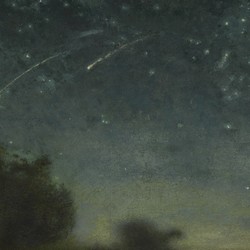
I'm in love with a song. I've been listening to it from dawn to dusk during the last few days and when I wasn't listening, it was my earworm; I've been accompanied by that music most of my time. It wasn't love at first sight though. I had heard the song before, but this time, something sounded different. You know that falling in love is quite irrational some times. I couldn’t help but sharing with you this beautifully strange song, maybe someone of you might also fall in love. Or maybe not, perhaps you'll think it's not that good. Either way, I'm sure that talking about it will make easier the transition to a more calmed love (eternal love unless otherwise proved) and so I'll have room enough to fall in love again. Ladies and gentlemen, Abendlied (Evening song), by Robert Schumann.

In 1851, Schumann lived in Düsseldorf, he had moved some months before from Dresden. He was the new conductor of the orchestra and choir of Düsseldorf and was excited about the position; even his health was better. Unfortunately, the circumstances would in no time but at least for one year or so, Schumann's life was rather good. He composed, among other pieces, two cycles to poems by Elisabeth Kulmann, a new cycle to poems by Nikolaus Lenau (after the cycle written in 1850) and a few more lieder, including Abendlied, which is part of the opus 107.
The lieder that Schumann wrote between 1849 and 1852 are very different from the ones written in 1840; it was said for a time that his mental illness had influenced his compositions during his last creative period; more recently those changes have been simply considered to be an evolution. Both theories might be partly right, I don't know, but I think that the differences between both periods are easily noticed when listening, for instance, Meine Rose or In der Nacht. Abendlied is one more example of the last years of Schumann; the song is as delicate, fragile and transparent as the footfalls of the angels mentioned in the poem.
Robert Schumann was a neat man and recorded every poem he musicalized; we know thanks to his notebook, that he read and chose the poem Ein Geistlich Abendlied, by Johann Gottfried Kinkel, in the second edition of his Gedichte (Poems), published in 1850. The poem, a nocturne, is structured in four stanzas that always end with the same two verses. The second stanza talks about the world, it is the most earthly, and the third talks about God and forgiveness. Schumann did without those two stanzas and used only the first and the last ones; this way he enhanced the heavenly elements like angels or stars. Although his health got better, he was still ill and he was very aware of it. It’s difficult not to relate his vulnerability with the fragility of that song! However, its music conveys so much serenity that I like to think that, at least for a short time, he forgot about his worries. I wish he did.
Let me tell you a few words about Kinkel before we listen to the song. Kinkel and Schumann belong to the same generation; the poet was five years younger than the composer. They also shared political views and both supported the revolutions of 1848-1849. Schumann's support, as we saw some time ago, was intellectual; Kinkel participated in Baden Revolution of 1849 and was arrested. He was about to be sentenced to death but eventually he was sentenced to life imprisonment; he didn't remain for too long in prison, he fled in November 1850. I don't think that Schumann and Kinkel met; Hopefully, the good news got to Düsseldorf and Schumann learnt that when he wrote his Lied (the only with a poem by Kinkel) the poet and his family were safe and sound in London. What a hectic life some Romantic poets lead!
And now, the music. Some songs are so strong that , to a point, could be isolated from the performance; others, Abendlied for instance, are so ethereal that necessarily depend on the performance to show its beauty. I fell in love with this song and with this performance by Florian Boesch and Malcolm Martineau. You know, my baritonophilia...
Es ist so still geworden,
Verrauscht des Abends Weh’n;
Nun hört man aller Orten
Der Engel Füsse geh’n.
Rings in die Tiefe senket
Sich Finsterniss mit Macht;
Wirf ab, Herz, was dich kränket
Und was dir bange macht!
Nun steh’n im Himmelskreise
Die Stern’ in Majestät;
In gleichem, festem Gleise
Der goldne Wagen geht.
Und gleich den Sternen lenket
Er deinen Weg durch Nacht;
Wirf ab, Herz, was dich kränket
Und was dir bange macht!
It has become so quiet.
The evening breeze has rustled itself out.
Now one hears everywhere
The footsteps of the angels.
All around darkness sinks
Powerfully into the depths;
Cast off, heart, what grieves you
And what makes you anxious!
Now all about the heavens
The stars stand in majesty.
Along the old, firm pathway
The golden carriage [the moon] is travelling.
And like the stars, it directs
Your way through the night.
Cast off, heart, what grieves you
And what makes you anxious!
(translation © Sharon Krebs)


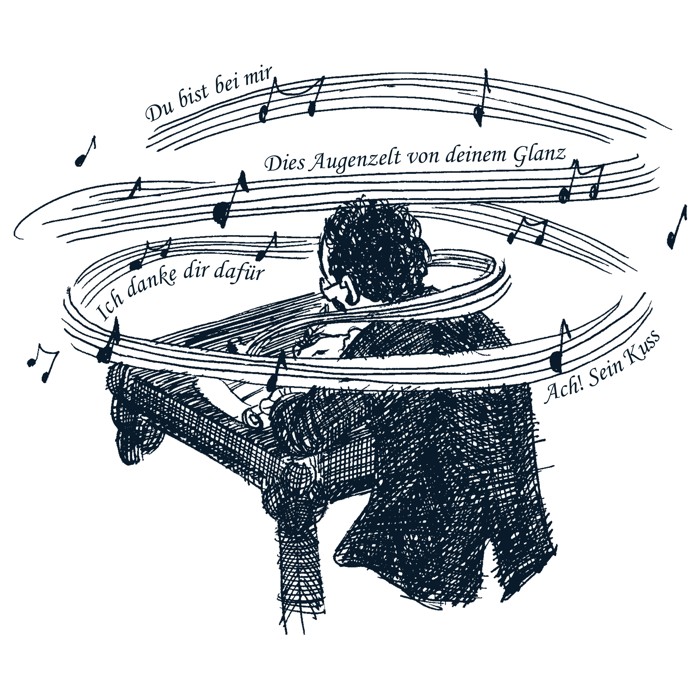




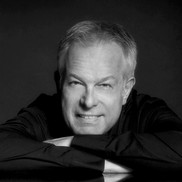
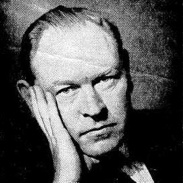

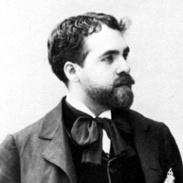
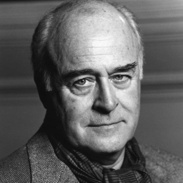







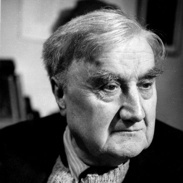
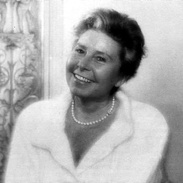


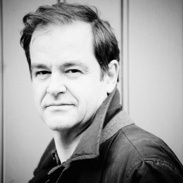

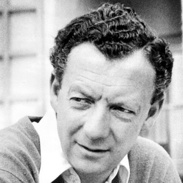


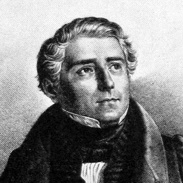
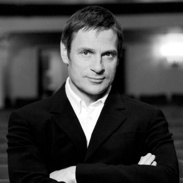
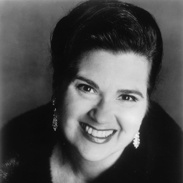
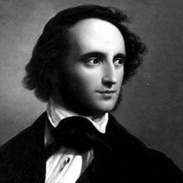
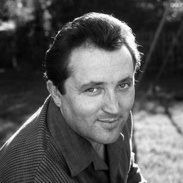
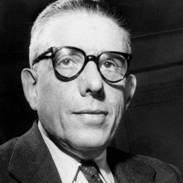
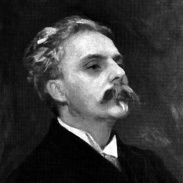

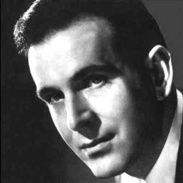
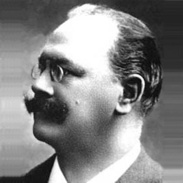
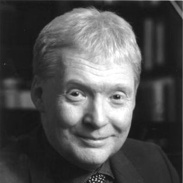
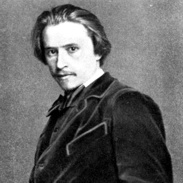
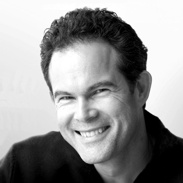

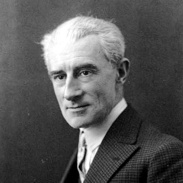

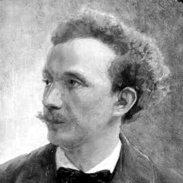
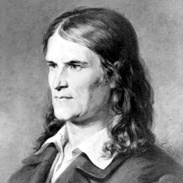


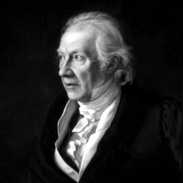






Comments powered by CComment